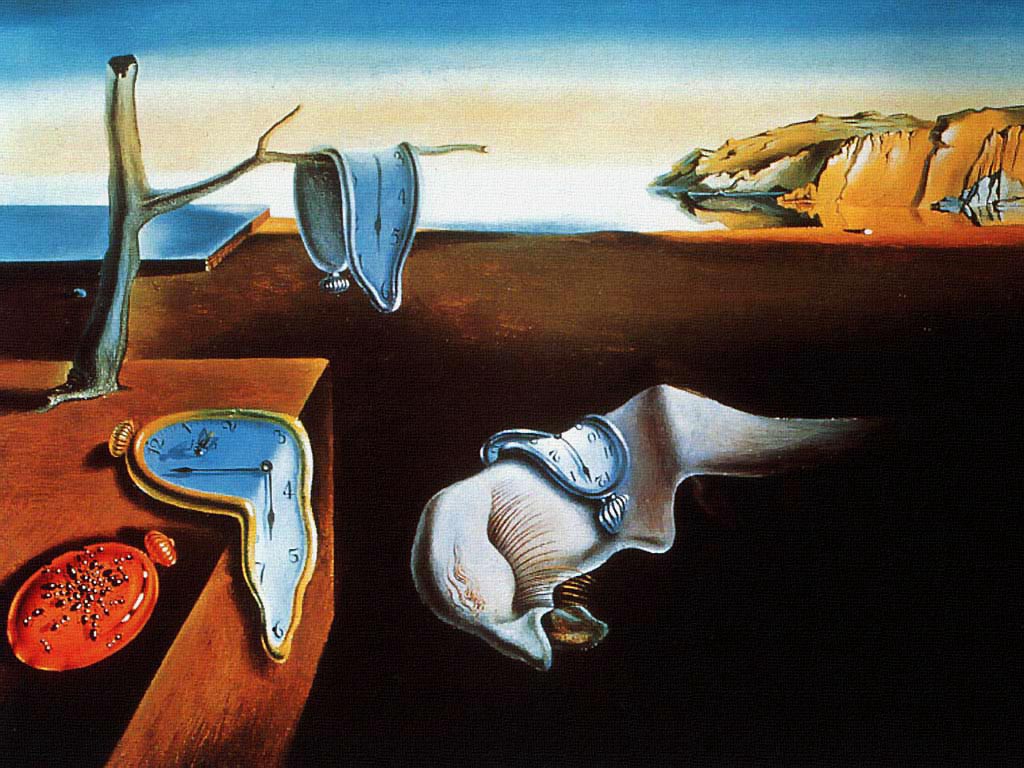
Tesla Missed Q2 Forecast
Tesla Motors delivered 14,370 vehicles in the second quarter, missing its forecast of 17,000 units “due to the extreme production ramp in Q2 and the high mix of customer-ordered vehicles still on trucks and ships at the end of the quarter, Tesla Q2 deliveries were lower than anticipated at 14,370 vehicles, consisting of 9,745 Model S and 4,625 Model X.”
This should not come as a surprise. One of Tesla’s biggest—albeit least discussed—challenges is its struggling manufacturing supply chain.
Tesla has been working on ramping up manufacturing plant in Fremont, CA, for a number of years. Tesla got the NUMMI plant—formerly co-owned by General Motors and Toyota— in 2010 for a bargain basement price of $42M. The company is also proud to tell how they got great deal on a couple of Schuler SMG hydraulic stamping presses at an auction. But production supply chain woes and a visit to the factory last year made it clear what Tesla didn’t get with these deals: large-scale manufacturing experience and production and supply chain planning expertise.
At the time of its closure, in 2009, the NUMMI factory was far from being the pinnacle of American manufacturing. The United Auto Workers considered its employees “the worst workforce in the automobile industry in the United States.” Still, in its 15-year run, it had built nearly 8 million cars and trucks at an average rate of 6,000 vehicles per week.
Tesla’s original planning called for production capacity of “more than 100,000” vehicles annually, and the company now promises to reach NUMMI’s production capacity of 500,000 units per year. It’s unclear how the company can manage this, and, in the meantime, the growing backlog continues to pose a significant risk to the company’s reputation.
The recent fatality caused by the failure of Tesla’s Autopilot system got much deserved attention. But it will be easier and faster to improve this technology than to fix the critical supply chain shortcomings. And it’s not only ramping up manufacturing in Fremont to meet demand. In addition to delivering cars to more than 400,000 eagerly waiting Model 3 buyers, Tesla still needs to demonstrate how well it can support and service these vehicles.
The Persistence of Memory by Salvador Dali (1931)
